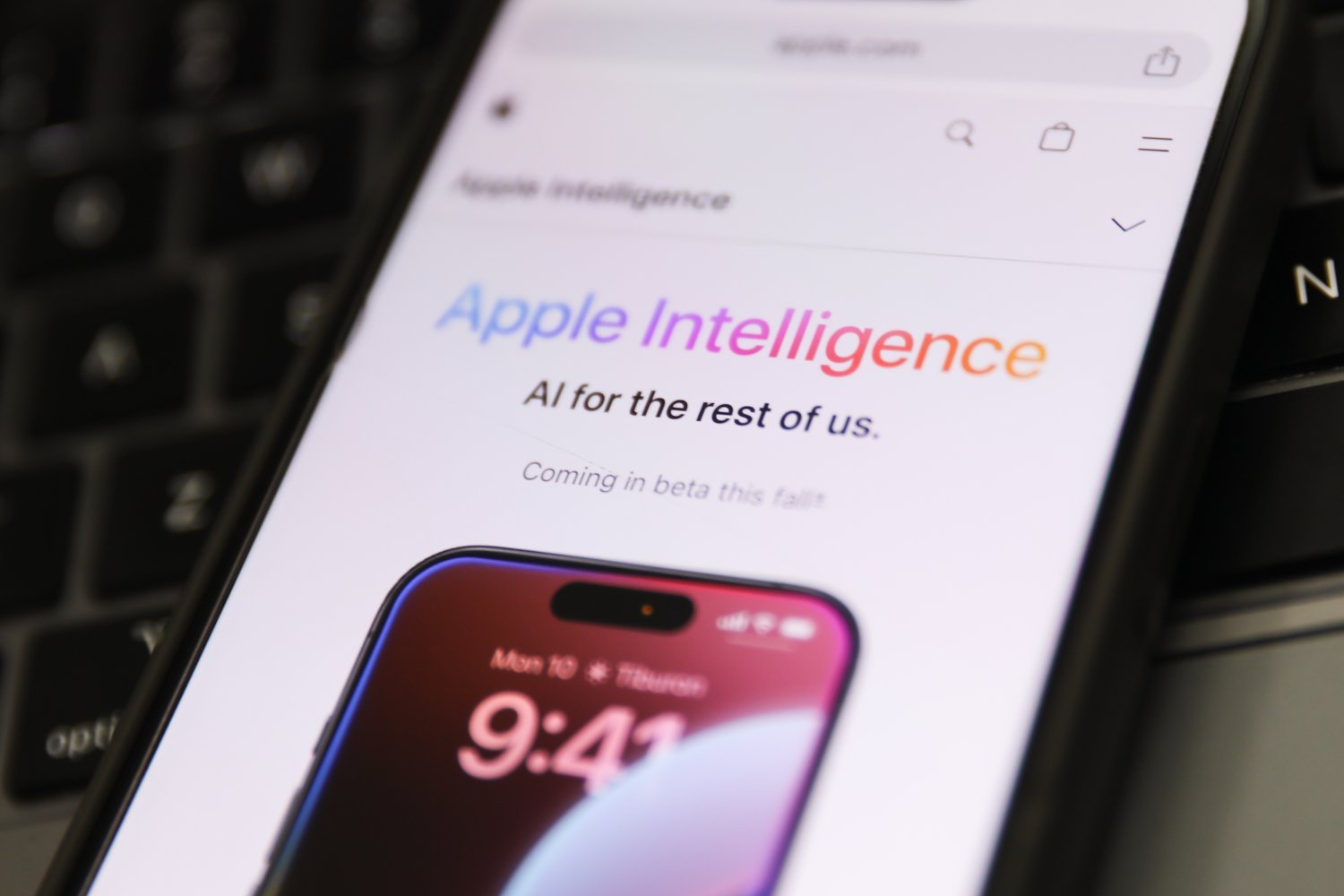Silicon Valley Tremors: Apple's AI Leadership in Turmoil
Technology
2025-03-21 14:30:21Content

Apple's current AI challenges stem from a critical strategic misstep years ago: underestimating the potential of Siri and failing to invest deeply in artificial intelligence development. While competitors like Google and OpenAI raced ahead with cutting-edge AI technologies, Apple remained relatively complacent, treating Siri more as a novelty feature than a core strategic asset.
The hardware giant is now facing the consequences of its past hesitation. As generative AI and large language models transform the tech landscape, Apple finds itself playing catch-up in a rapidly evolving market. The company that once prided itself on innovation now appears reactive, scrambling to integrate advanced AI capabilities into its ecosystem.
This predicament highlights the importance of continuous technological investment and forward-thinking strategy. Apple's delayed response to AI advancements could potentially erode its reputation for technological leadership and impact its competitive positioning in the increasingly AI-driven tech world.
Apple's Siri Struggles: A Cautionary Tale of Technological Stagnation
In the rapidly evolving landscape of artificial intelligence and digital assistants, Apple finds itself at a critical crossroads, grappling with the consequences of strategic technological inertia that has left its once-pioneering virtual assistant trailing behind competitors.The High Stakes of Digital Assistant Innovation
The Roots of Technological Complacency
Apple's journey with Siri represents a profound case study in technological development and strategic oversight. When the virtual assistant was first introduced in 2011, it represented a groundbreaking leap in consumer-facing artificial intelligence. However, the company's subsequent approach to Siri's development revealed a troubling pattern of incremental improvements rather than transformative innovation. The tech giant's reluctance to aggressively invest in machine learning and natural language processing created a widening gap between Siri and emerging competitors like Google Assistant and Amazon's Alexa. While these platforms continuously refined their capabilities, Siri remained relatively static, struggling to understand complex queries and provide nuanced responses.Competitive Landscape and Technological Divergence
The digital assistant market has become an intense battleground of technological prowess, with companies like Google and OpenAI pushing the boundaries of conversational AI. Apple's conservative approach to Siri's development stands in stark contrast to the aggressive machine learning strategies employed by its competitors. Artificial intelligence experts have long criticized Apple's siloed approach to development, which prioritized privacy and ecosystem integration over raw technological capability. This strategy, while admirable in some respects, ultimately handicapped Siri's ability to learn and adapt at the same pace as more data-driven platforms.The Privacy Paradox and Technological Trade-offs
Apple's commitment to user privacy, while commendable, created significant challenges for Siri's machine learning capabilities. Unlike Google and Amazon, which leverage vast amounts of user data to train their assistants, Apple's stringent privacy protocols limited the volume of training data available. This approach created a fundamental tension between maintaining user privacy and developing a truly intelligent virtual assistant. The result was a virtual assistant that felt increasingly antiquated compared to more responsive and contextually aware alternatives.Future Implications and Potential Redemption
The current predicament presents both a challenge and an opportunity for Apple. Recent investments in artificial intelligence, including the development of advanced machine learning models and the integration of generative AI technologies, suggest a potential renaissance for Siri. Industry analysts suggest that Apple's vast resources and deep technological expertise could enable a rapid transformation of its virtual assistant. The company's historical ability to revolutionize product categories—as demonstrated with the iPhone and Apple Watch—provides hope that Siri could experience a significant technological renaissance.Technological Strategy and Corporate Vision
Apple's experience with Siri underscores the critical importance of continuous innovation and adaptability in the technology sector. The virtual assistant's stagnation serves as a powerful reminder that even industry leaders must remain vigilant and proactive in their technological development strategies. The narrative surrounding Siri is not merely about a single product but represents a broader conversation about technological evolution, strategic decision-making, and the relentless pace of innovation in the digital age.RELATED NEWS
Technology

Japan's Leader Breaks Silence on Assassin's Creed Shadows: Unexpected Political Gaming Moment
2025-03-19 17:23:51
Technology

Skate or Slay: Tony Hawk's Pro Skater 3 + 4 Deluxe Edition Drops Doom Crossover Bombshell
2025-03-04 18:01:14





